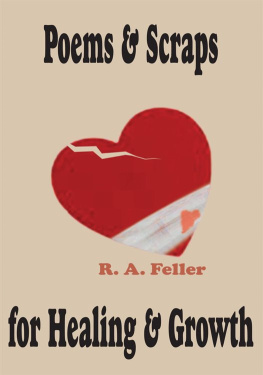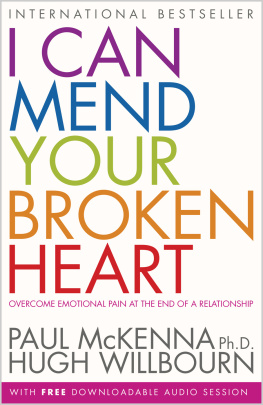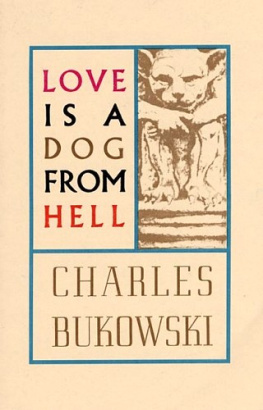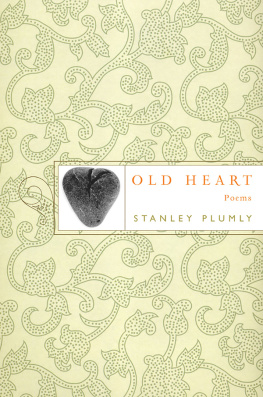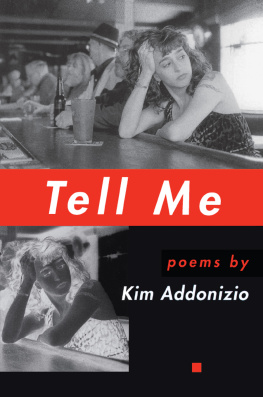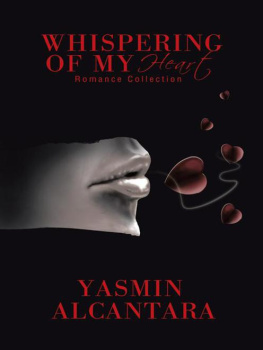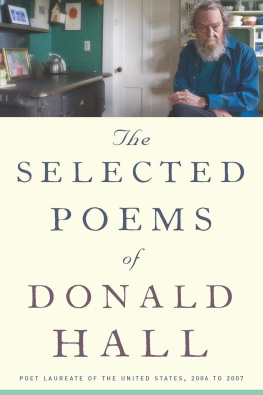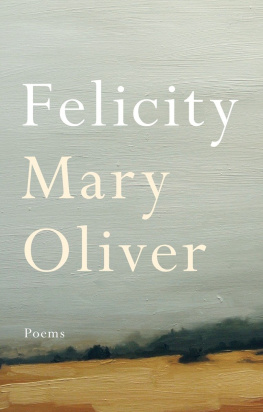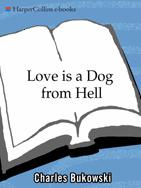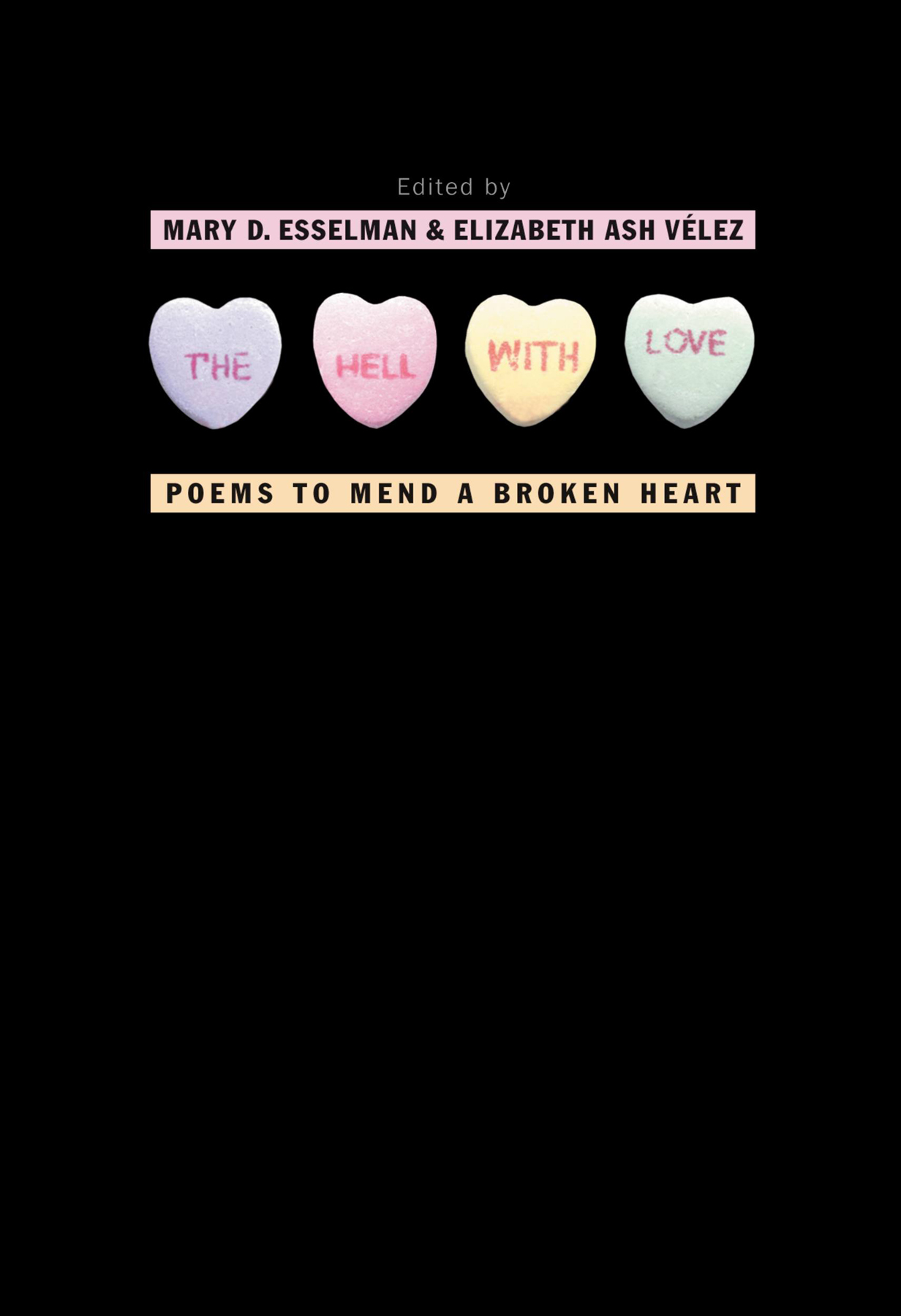Hachette Book Group supports the right to free expression and the value of copyright. The purpose of copyright is to encourage writers and artists to produce the creative works that enrich our culture.
The scanning, uploading, and distribution of this book without permission is a theft of the authors intellectual property. If you would like permission to use material from the book (other than for review purposes), please contact permissions@hbgusa.com. Thank you for your support of the authors rights.
Grand Central Publishing is a division of Hachette Book Group, Inc. The Grand Central Publishing name and logo is a trademark of Hachette Book Group, Inc.
The publisher is not responsible for websites (or their content) that are not owned by the publisher.
Parting is all we know of heaven
And all we need of hell.
EMILY DICKINSON
I t was over. We were through, done, utterly broken up. After two years together, the guy Id been datingwell call him Dickhadcalled it quits. Im sure you can picture the scene. It wasnt pretty.
I raged, I cried, I defiantly faked being fine without him. I got really good at cursing, crying, smiling, and working allat the same time, and my colleagues got good at pretending not to notice. Life seemed absurd, meaningless. And it was allDicks fault.
But, of course, it wasnt really.
It was up to me to get better, and [ did. Wonderful friends and family pulled me out of the sadness. Leanne said, Just rememberthat time I saw him wearing black socks with white tennis shoes. Rachel prodded, Repeat this mantra: I do not fancy him, I do not fancy him. God, hes horrid, how can you fancy him? Elizabeth sighed, Youre beinga self-absorbed ninny; read Doris Lessing and get back into teaching. I began to take more challenging freelance jobs, startedteaching English again, reached out to people Id been pushing away, immersed myself in the books and poems I loved again,rebuilt my core. I either didnt think about Dick, or I wanted him dead, or I wanted him back. It depended on the day, butall in all, I felt myself moving past the relationship.
More than anyone, Elizabeth helped me make my way through the hell of love. After thirty-two years of marriage, she knowsa thing or two about it herself. Were both writers and teachers who believe in the transformative power of literature. Imthirty-nine and a newlywed (married during the course of writing this book); Elizabeth is fifty-six and, as I said, the residentexpert. Our relationship falls somewhere between sister-sister, mother-daughter, reader-writer, and best friends. We talka lot about literature, life, and love, about how literature can bring the comfort, solace, and perspective that no therapist or self-help book can approach.
When I went to hell and back through my breakup with Dick, Elizabeth helped me find poems which became touchstones for me.They reminded me of who I was and who I wanted to be. Michael Frieds Somewhere A Seed allowed me to savor sweet revenge.William Butler Yeatss The Lake Isle of Innisfree gave me hope that I could create a happy home all by myself. Pablo NerudasIf You Forget Me let me indulge in melodramatic reconciliation fantasies. The Art of Losing and The Fish by ElizabethBishop convinced me that I had to master the art of losing if I ever wanted to get good at the art of living.
Elizabeth and I decided to write this book after watching friend after friendwomen and men, gay and straightexperience wrenchingbreakups and divorces. Wed both spend hours with them, talking over coffee and on the phone, trying to provide support andcomfort. Frequently we found ourselves offering these friends the consolation of literatureRead this poem, we would say.It will help. And sometimes it did.
Usually, though, wed watch our friends grapple with new hair colors, new workout plans, new ways of determining who was fromMars and who was from Venuswhatever it took to distract them from the pain they felt. They often claimed that poetry seemedtoo remote and intimidating. But when we sat down with them and read a poem like Margaret Atwoods you fit into me, theydlaugh. When we paraphrased Pablo Nerudas If You Forget Me, theyd cry. These poems spoke to their experience, and convincedthem that poetry wasnt all flowery fluff or incomprehensible babble. It was concrete. It filled an emptiness. They couldcarry poems with them like prayer books or stick them on the fridge as reminders. And they wanted more.
So we decided to create a book to help people survive a breakupliterary therapy for the brokenhearted. We put together acollection of breakup poems, poems written by great writers, both classic and modern, from John Donne to Sandra Cisneros.Each section of the book represents the emotional stages we think people experience after a breakup. We begin with poems thatexpress and dig into the anger, hurt, and depression of loss; then move to poems that ask why, analyze rifts, strive for explanation;and then poems that build resolve, envision a future, revel in the present.
But we didnt want to just throw a bunch of poems at readers and wish them good luck. That never quite worked for our friends.They only got the poems fully when we explained a line here or there, or pointed out an image and how it worked. So wevewritten brief introductions for each section in which we guide readers through the poems. We know that literature has thepower to heal and transform all by itselfbut we also know that sometimes people need help relating poetry to their own lives.
How can poetry help you through a breakup? Poet Mark Doty says:
Being in grief, it turns out, is not unlike being in love. In both states, the imagination is entirely occupied with one person. Everything that touches us seems to relate back to that center; there is no other emotional life, no place outside the universeof feeling centered on the pivotal figure.
If all roads lead back to the one you have lost, how do you know where to go now? Youre still lost in love and in grief.There are no familiar landmarks; there is no firm ground under your feet. You know youre supposed to just move on into thefuture, but how do you get there? This collection is intended to provide a map for your broken heart, and each poem servesas a kind of compass, helping you find your real self (your true north) again. Think of it as a survival handbook, a guideto surviving love.
We know how much breakups hurt and how scary it is to risk love again. We understand the temptation to just say The hellwith love and shut yourself off from new relationships. If you get back out in the world theres always the chance youllbe hurt again, of course. But theres also the chance that youll find some peace and happiness. Or even better, that youllhave the opportunity to bring happiness to others. We think its worth the effort, worth throwing yourself into the worldand passionately pursuing lovenot some idealized soul mate love of your life, but a more expansive, real love


